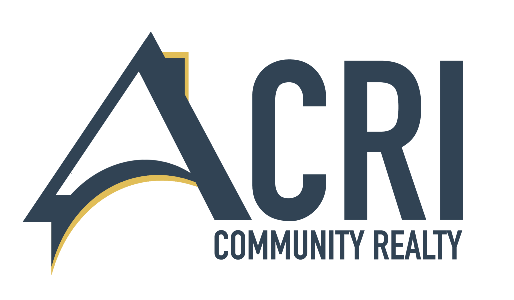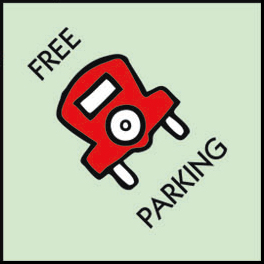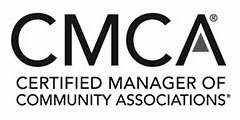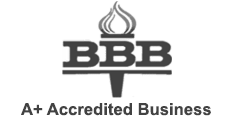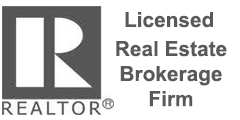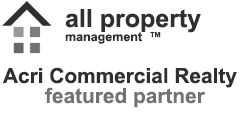One of the areas creating the most controversial issues in planned communities, besides Pets, is related to parking.
No one can argue that having rules in place minimizes the “you took my space” problem. In a perfect world, people follow the rules and are respectful of the rules set forth by the association. However, in the real world and for whatever reason, people choose to disobey the rules and create havoc in an otherwise acceptable situation.
How to Minimize Poor Parking Aesthetics in Your Community
- Set Designated Parking Locations: Generally, owners of garden-style units are assigned a dedicated parking lot space. Those with garages can utilize both garage and driveway. Covered parking or carports may be assigned to a particular unit that is located in common areas. On-street parking may also be an option. If the street is public, then the municipality sets the rules, not the HOA. Some associations also require owners to register their vehicles and display that registration prominently in a pre-designated location. Clearly marking permitted areas along with signposting is a beneficial method for dispute resolution.
- Prohibit Commercial Vehicles: This may include commercial vehicles (any vehicle with signage), RV’s, junk vehicles, trailers, campers, boats, and similar vehicles. Rules and regulations are designed to protect the beauty of the neighborhood and maintain a standard level of appearance.
- Prohibit Abandoned Vehicles: In many states, vehicles must have current registration papers to be considered legal. Some HOA communities prohibit owners from parking in a particular spot for longer than a specified amount of time. The basis for this is to ensure that HOA members are not parking abandoned vehicles on the property for an extended period. Some municipalities have a 72-hour limit as well.
- Provide Parking for Disabled Homeowners: Under the Disabilities Act, those who are disabled may make reasonable requests for accommodations that allow them to deviate from the norm.
- Set Up Fine or Tow Specifications: This applies only to private roads — Mark illegal parking areas with signs. If a driveway is blocked, towing may be the only option. Boards must enforce parking violations equally. If you tow one, then you need to tow them all.
- Utilize Extra Parking Spots as a Revenue Generator: Frequently it is that teenager with the car that pushes driveways to the limit. If you have additional areas available and parking is tight, it can be a way to boost reserves by offering paid parking spots.
So, what do you do with the person who flouts the difficult to enforce law defined by the association parking rules? The answer, in many cases, is, “it depends on whether the street is private or public.” The HOA has the authority to regulate (Tow or Fine) the private streets within the development but has no power to restrict parking on public streets even when they are located in the development. But here is where the public road may pose an advantage over private. If someone is violating municipal parking laws, it is easier to have the law step in.
A good option is to partner with a professional management company who is knowledgeable of local and state laws. a professional management company, like Acri Community Realty, can help you to craft and enforce a fair and effective parking policy in your homeowner’s association. The management staff can also assist by executing a communication strategy to ensure all residents are aware of the parking policy.
